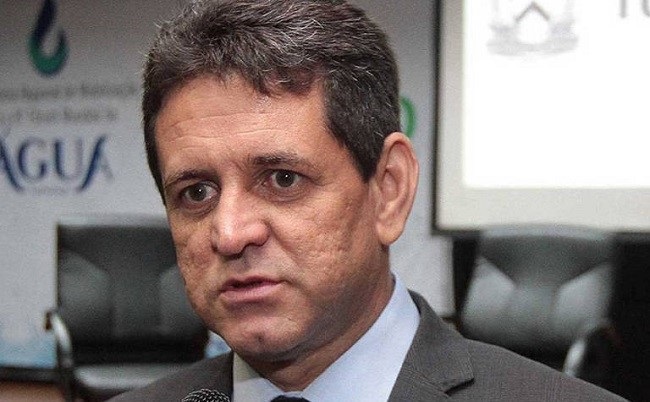New forestry data released recently shows that, in 2018, Brazil has already met – albeit through actions in its forestry sector alone – its overall pre-2020 commitment to reduce emissions by 36-38% nationally. These actions are said to have delivered a dramatic 1.2-billion-ton emissions reduction in 2018 alone.

The data, which was released on Tuesday, December 11, 2018 in Katowice, Poland during the UN Climate Change Conference (COP24), also shows Brazil in 2018 has met its pre-2020 commitment to reduce CO2 emissions from forestry by 60%.
“This result is a powerful and timely reminder that even developing countries facing economic and social challenges can still deliver on their pre-2020 commitments through strong and targeted actions,” Brazil’s Minister of the Environment, Edson Duarte, said in Katowice.
The data – based on a conservative calculation of carbon absorption by Brazilian forests – shows a remarkable turnaround for the role of the Brazilian forestry sector, which in the 14 years to 2004 accounted for 75% of Brazil’s overall CO2 emissions in the country to now absorbing 538 million tons of CO2 from the atmosphere in 2018.
The 1.28-billion-ton reduction in CO2 emissions in the Brazilian forestry sector between August 2017 and July 2018 (relative to its 2020 emissions projections set in 2009, which formed the basis of its pre-2020 commitment on forestry), consists of:
- Emissions reductions of 564 million tons of CO2 due to the reduction of deforestation in the Amazon, whose emissions totalled 364 million tons in the 2018 period
- Emissions reductions of 186 million tons of CO2 due to the reduction of deforestation in the Cerrado, whose emissions totalled 136 million tons in the 2018 period
- The absorption of 538 million tons of CO2 from the atmosphere through land management measures across three land categories: 179 million tons absorbed in Brazil’s Indigenous Territories, 220 million tons absorbed in Federal Protected Areas, and 139 million tons absorbed in Permanent Preservation Areas and Legal Reserves on private land.
The above data for removal of CO2 through land management measures are said to be conservative because, according to the Brazil government, they exclude a significant amount of Brazilian forests which falls outside of the three land categories, as well as significant areas of planted forests and recovery of native vegetation.
